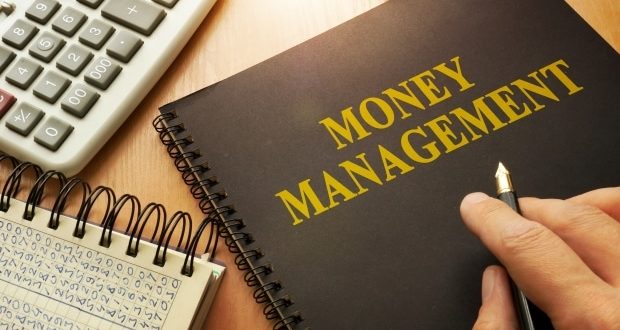Avoiding Added Debt During A Divorce
Getting a divorce is expensive both emotionally and financially. Not only that, you’re probably learning how to manage your finances alone.
Where before, you were sharing those responsibilities with someone else. Fortunately, this change in your life doesn’t mean living on nothing.
The following strategies can help you in avoiding added debt during a divorce. Also, it makes managing your finances easier as you strike out on your own.
Create a New Budget
While you were married, your finances were most likely combined with another working adult. Now, you need to separate your income and bills and learn how to do it on your own.
Create a new budget that reflects your personal bills and income so you don’t find yourself overspending and creating a hard to break out of debt spiral. If you have substantially less to work with, find ways to cut back on costs and find temporary jobs that can help you make extra cash.
Calculate how much money you have incoming each month, how many bills will take away from that amount each month, and set aside certain amounts for necessities like food, utilities and gas money. Try to operate on a cash-only, i.e., no credit budget.
Keep a set amount of cash on hand during the week so you can avoid using credit and to stay true to the budget amount you set at the beginning of the month.
Visit a Bankruptcy Attorney
One of the first steps in any divorce or separation should be closing old accounts. If you and your spouse shared a joint account or had money in the same place, now is the time to close those accounts and create new ones where you are the sole holder.
If your finances are already bogged down and impossible to manage even after this step, visiting a bankruptcy attorney will let you know whether this is an option for you, how it will work, and whether or not this finance option is worth it. According to one attorney based in Vegas, Chapter 7 type bankruptcies are the most common and usually the easiest to manage.
You may discover filing for bankruptcy is the best way for you to get out from under the weight of debt built up by your former spouse or previous life together.
Cook for Yourself
This small tip can make a big difference! When it’s just you at home, especially if the kids are with your former spouse, you may find yourself gravitating toward restaurants.
Cooking for one isn’t a lot of fun. Going out to eat can seem a lot easier.
This can also create a great deal of added expense you really don’t need! Early in the divorce process, learn the art of cooking for one.
Even if you just make a lot of microwave meals, you’ll discover it’s less expensive than pulling through a drive-through on your way home.
Negotiate
The more often you and your former spouse come together with your lawyers, the more both of you are paying. Instead, be willing to negotiate with one another and come to a reasonable agreement about child custody, dividing possessions and handling joint debt.
Simple willingness to negotiate can save you a lot of money!
Avoid Making Rash Financial Decisions
Sure, the idea of a big blowout vacation sounds freeing right after a divorce. It might seem like a great time to buy the car your former spouse never let you have or to splurge on the things you never got to buy when you were together.
However, during the divorce process avoid making rash financial decisions that could have big impacts later. Don’t neglect celebrating a little, but be careful not to overspend on things that aren’t necessities.
You should also pay attention to your needs and wants whenever you spend. If you’re recently divorced, knowing how to spend wisely on necessities and how to cut back on wants can go a long way.
Saving money during your divorce may be the last thing on your mind, but you need to know you’re saving money where you can. By utilizing these strategies, you can decrease your debt and make a fresher start on your new life.
Copyright: frenta / 123RF Stock Photo






